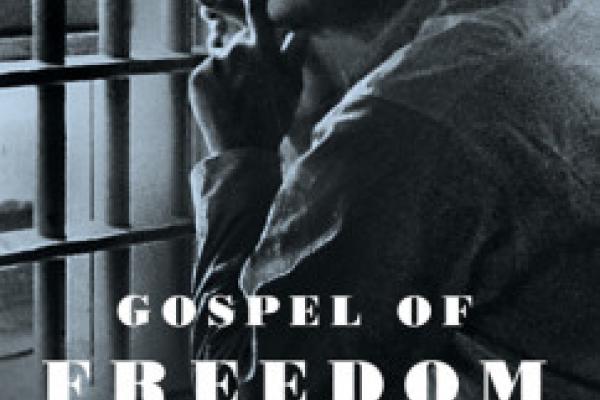Apr 15, 2013
Fifty years after the Rev. Martin Luther King Jr. challenged white church leaders to confront racism, an ecumenical network has responded to his “Letter from Birmingham Jail.”
“We proclaim that, while our context today is different, the call is the same as in 1963 — for followers of Christ to stand together, to work together, and to struggle together for justice,” declared Christian Churches Together in the USA in a 20-page document.
The statement, which is linked to an April 14-15 ecumenical gathering in Birmingham, Ala., includes confessions from church bodies about their silence and slow pace in addressing racial injustice.
“The church must lead rather than follow in the march toward justice,” it says.
Read the Full Article

Already a subscriber? Login
